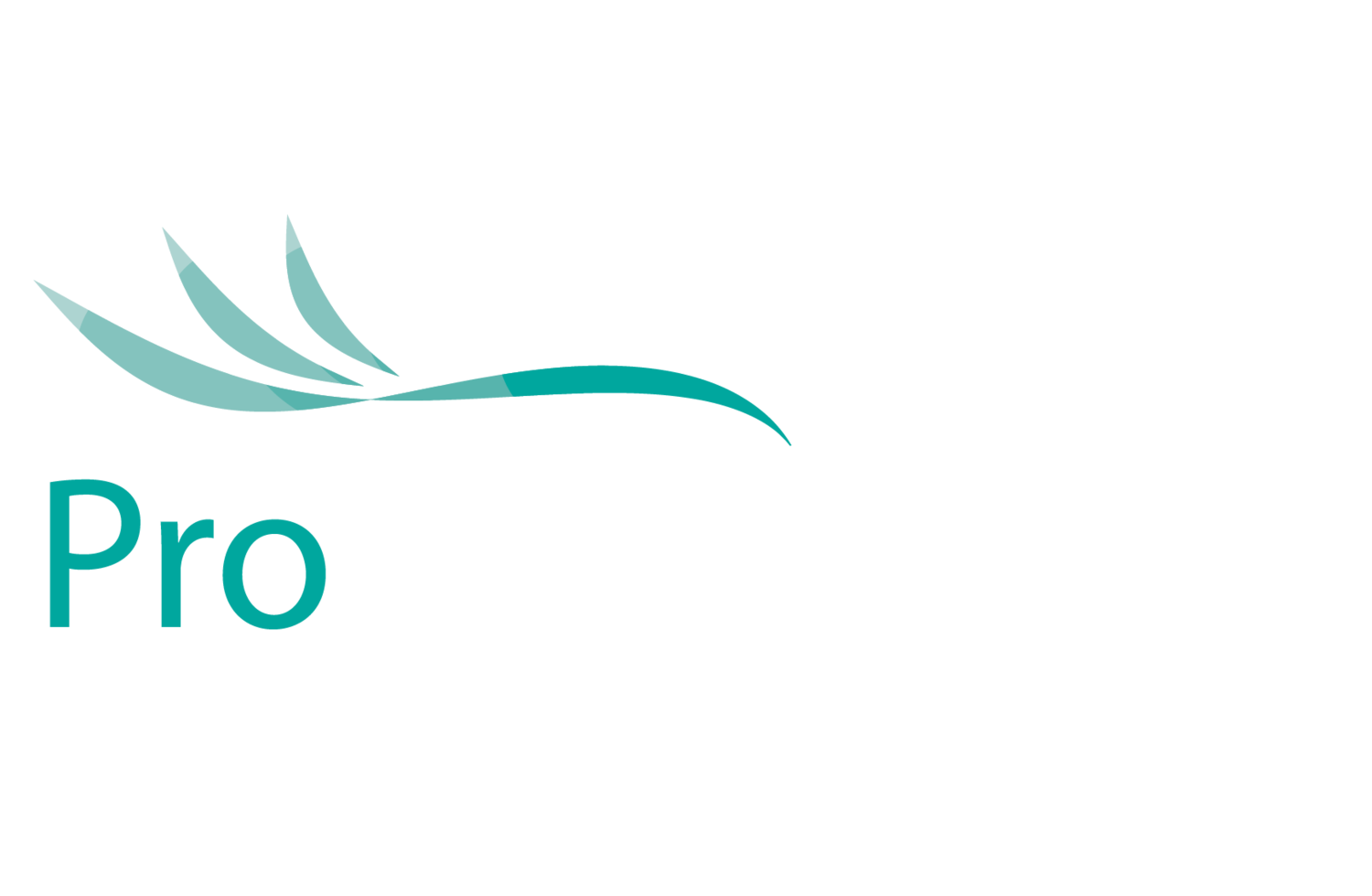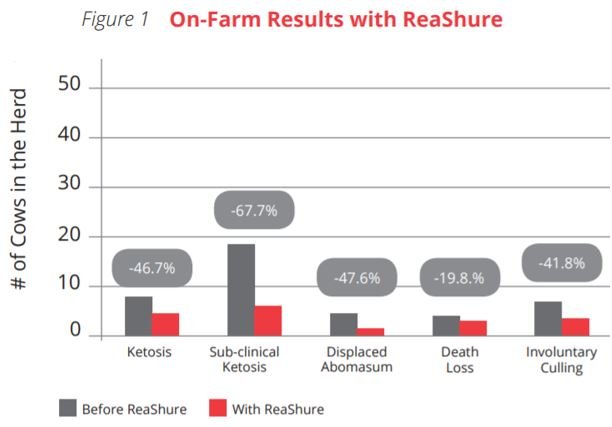Choline in the bovine diet - what role does it play?
MANAGING HERD HEALTH & PROFITABLITY
Choline can play a significant role in proactively managing the transition period and control metabolic disorders in the herd.
UCD has estimated the approximate cost for the metabolic issue Ketosis is €190/case, LDA €515/case, and €2282/cow death.
What role does Choline play in a bovine diet?
Choline is an essential nutrient in bovine diets, playing an important role in cellular structure and activity through the utilisation of fatty acids preventing the accumulation of fat in the liver.
Choline is proven to help animals' transition more smoothly, reducing the risk of metabolic disorders, supporting higher milk production, reproductive efficiency and overall animal health.
ReaShure® -XC Precision Release Choline is rumen protected to effectively deliver Choline in the diet, ensuring a powerful launch to each lactation, optimising peak milk and maximising productivity.
Trial work carried out by Bollatti, 2020, concluded supplementing rumen protected choline to transition dairy cows improved production and feed efficiency regardless of prepartum degree of fatness.
Rumen protected choline has been proven to be effective in:
Supporting Fat Metabolism - Cows experience hormonal changes and negative energy balance around calving time which causes fat to be mobilised from body stores. Choline is essential for effective fat transport out of the liver.
Supporting Milk Production and Milk Fat Synthesis - The cow’s liver uses choline to package the mobilised fat into very low-density lipoproteins (VLDL) which are then transported to the mammary gland and used as a fuel source for synthesising milk and milk fat.
Reducing Metabolic Disorders - A healthy functioning liver supports improvements in clinical and subclinical transition related disorders such as ketosis, metritis, displaced abomasum and mastitis, reducing treatment costs, death loss and involuntary culling.
ReaShure® -XC Precision Release Choline supports cow health during the challenging transition period, delivering a proven reduction in metabolic disorders.
University of Florida on-farm research
Research shows choline also improves colostrum quality and provides other benefits to the in-utero calf, impacting health and growth after birth.
New research from the University of Florida demonstrates a link between prenatal choline supplementation and calf performance.
Maternal consumption of ReaShure during late gestation had a positive effect on growth and survivability of neonatal heifers during the first four weeks of life. That effect was further enhanced by feeding colostrum from cows receiving ReaShure.
Feeding rate: 30 g/day to dairy cows.
For maximum benefit, begin feeding ReaShure 21 days before parturition and continue until 21 days after parturition. If grouping systems restrict the complete implementation of this feeding regime; partial benefits can be achieved by feeding ReaShure only during the pre-parturition or post-parturition periods.


